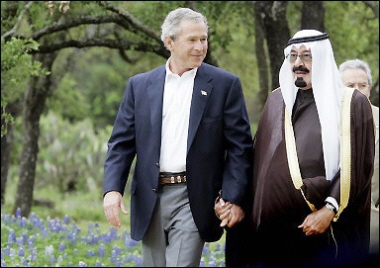A friend is quitting his high-paying job to teach, a not uncommon decision for baby boomers who sense that time is running out on opportunities to give their lives meaning. He is willing to pay the economic penalty because my friend and his wife, who has worked for over 25 years in a well-known Bay Area company, have amassed a comfortable nest egg, along with a spacious home in a tony community.
(Pause button: after looking again at the previous sentence, I incorrectly used the term “economic penalty”. My friend is maximizing his personal utility by teaching, just as many of us trade money for leisure by, say, not working overtime. Shouldn’t confuse money with happiness!)
What takes me aback is that he wants to start a business after he teaches for a few years. At his stage in life that seems to be a curious choice: he will not be embarking on his entrepreneurial journey out of necessity. He will voluntarily be submitting to the stress of a startup, where there are no guarantees of success, and—here I speak from experience--most of the tasks are repetitive and mundane. His goal can’t simply be to make more money, when he has enough to live comfortably for the rest of his life.
No, he says he wants to start a business so that he can hold his head high in the company of his friends and relatives, many of whom are business-owners. After decades of absorption of the Sixties’ march-to-your-own-beat values, it sounds jarring that a mature individual would be so influenced by what other people think.
I would be more critical except that a moment’s reflection brought forth numerous instances where my own behavior is influenced by what other people think of me. Last weekend I spent hours working on the front yard. Do I want a green lawn to please myself or my neighbors? Do I push my children for their sake or that I may bask in their reflected glory? Do I exercise for my health or to look good [okay, less decrepit, let’s not get too carried away!]?
Despite our efforts to ignore superficialities, sometimes it is so difficult to make headway that we are forced to let it be known how we in our individual callings are validated by society. (Pickup line: excuse me, I dropped my Olympic medal/Academy Award/Silver Star under your chair.)
A woman in grungy sweats walked into the stockbroker’s office to straighten out a problem with a retirement account, which contained a few thousand dollars. The broker’s young assistant punched up the account in such a lackadaisical, uninterested manner that the woman quietly asked to check the balance in her other accounts. When the assistant viewed the size of those accounts, she immediately changed her attitude and service improved.
A parent is trying to make an appointment with an admissions officer, who never returns his calls. Not one to name-drop but at the limits of his patience, he finally mentions that he is a close acquaintance of two members of the board of trustees; the appointment is scheduled shortly thereafter.
The problem of earning society’s respect so that it will leave us free to do what we want is as old as the hills. One of the first Greek philosophers,
Thales, who famously said that everything is derived from water, was apocryphally chastised for not having useful skills, so he put his deep-thinking on hold to show that he could be successful in commerce, thereby silencing his critics:
Thales concluded that there would be a bumper crop of olives. He raised the money to put a deposit on the olive presses of Miletus and Chios, so that when the harvest was ready, he was able to let them out at a rate which brought him considerable profit. In this way, Thales answered those who reproached him for his poverty
Nearly 3,000 years after Thales, we continue to reproach others---not all the time, but often enough---for their poverty.
© 2005 Stephen Yuen

